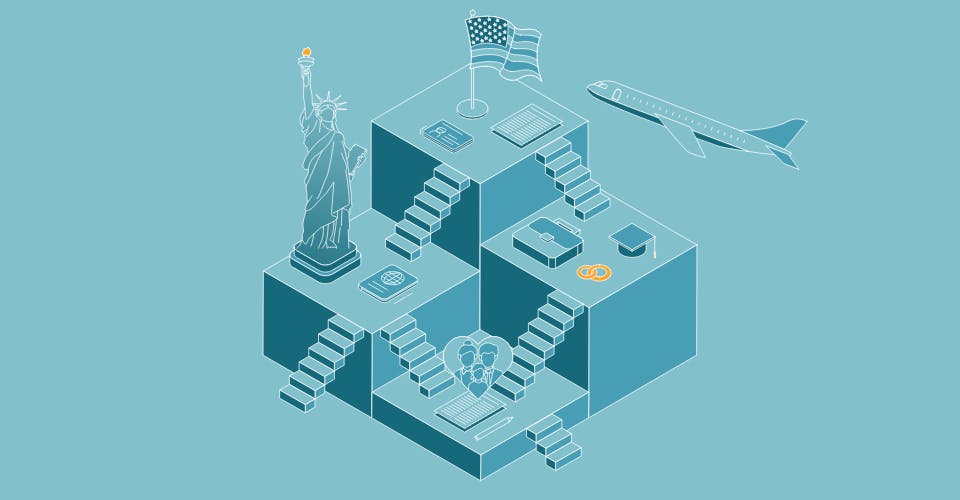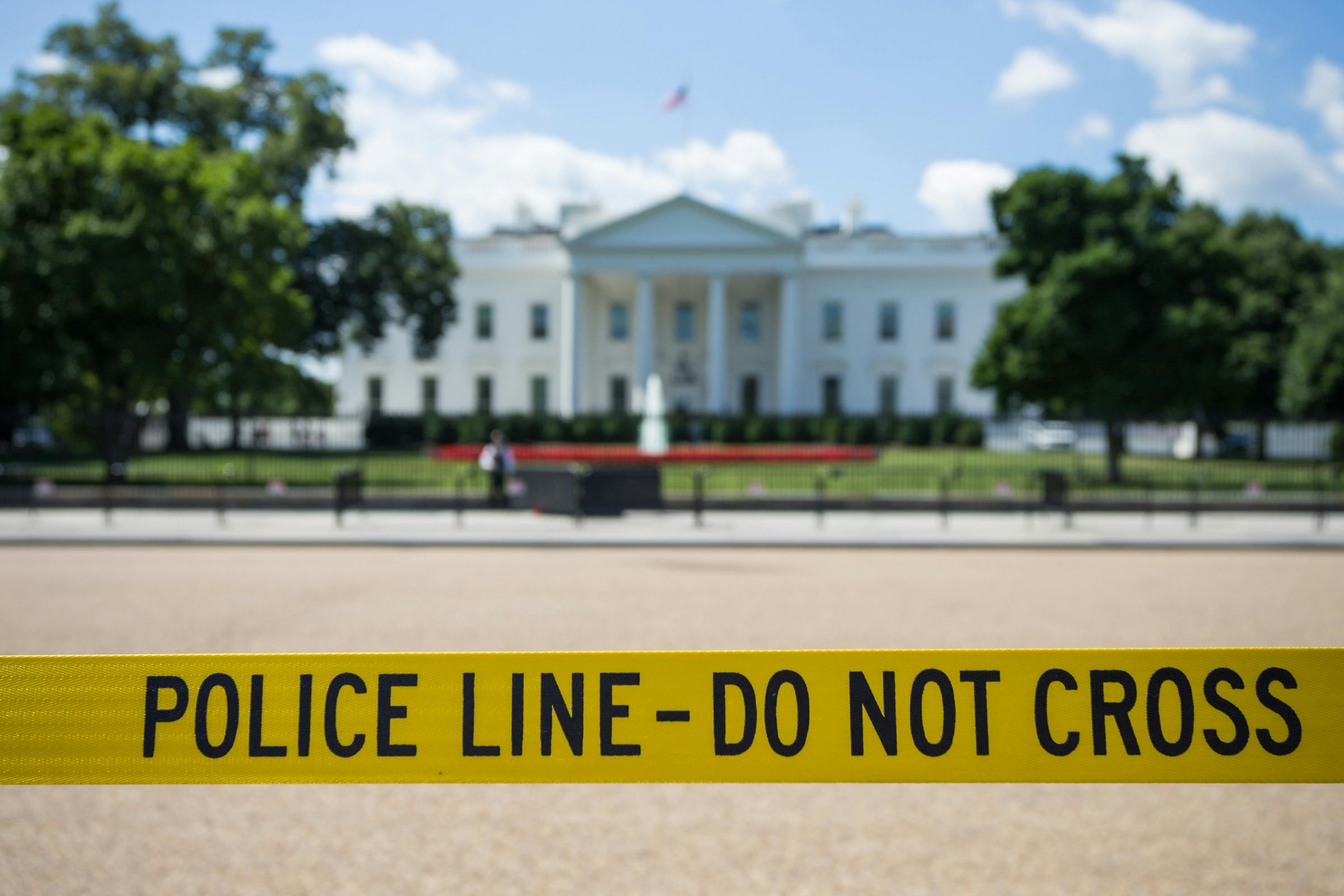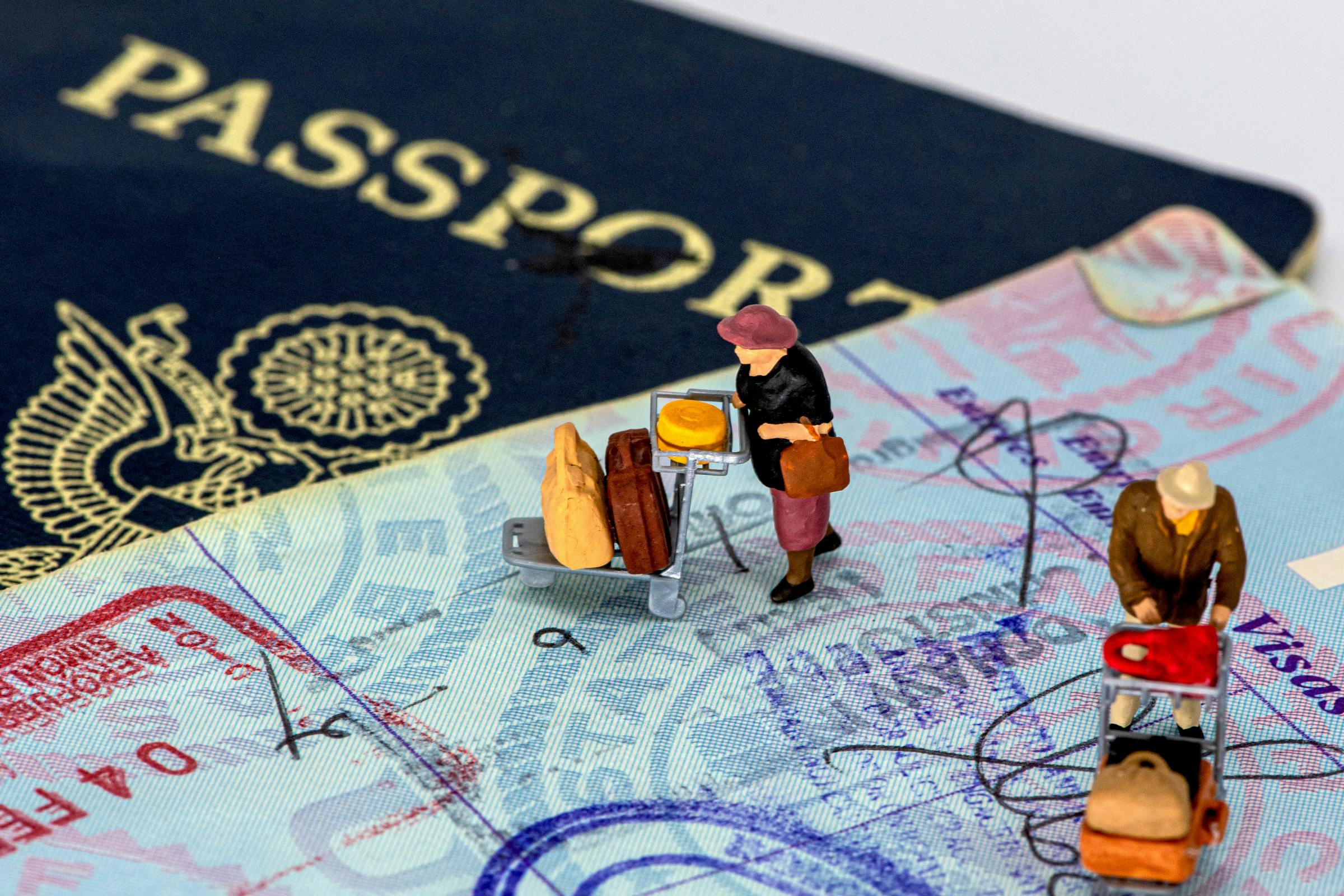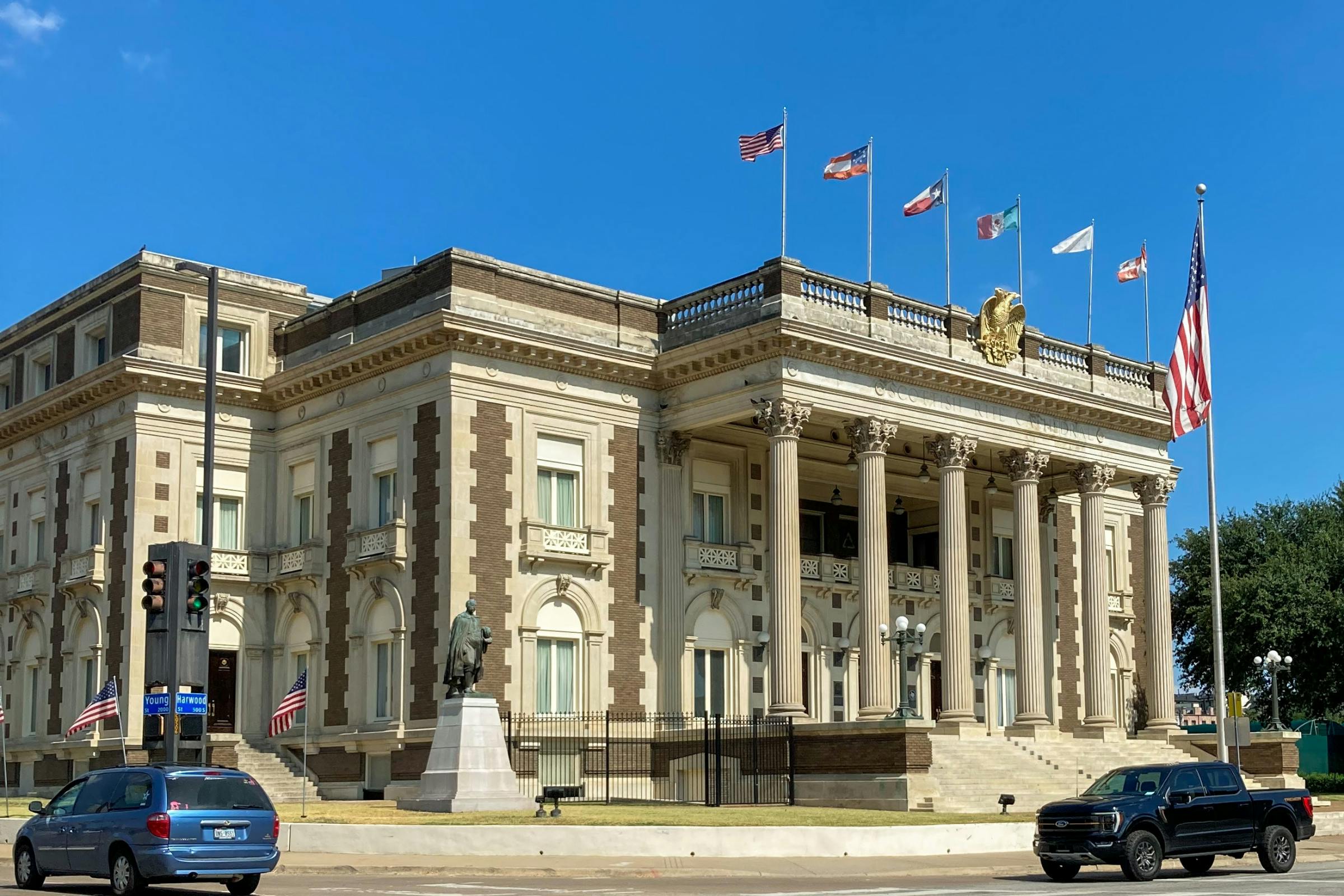On April 30th, 2021, the State Department issued a new update on how they will begin to re-open U.S. embassies and consulates and process immigrant and non-immigrant visa applications. This update is meant to alert the general public, and wider immigrant community, as to the new systematic approach the State Department is taking as Covid-19 has changed the entire landscape of consular processing, and has created a situation over the past year where many U.S. consulates were operating only with emergency intent.
First off, the notice sheds light on the fact that every consular posting (in a foreign country) is subject to the movements and Covid protocols of that state. In some countries, restrictions have been loosened enough where it makes to start processing visa applications at a faster pace. In other places, Covid restrictions has greatly reduced the movements of people, and therefore the readiness of individuals to come in for consular interviews.
Four Tiered Approach
The following four tiers represent how the State Department is responding to immigration in the wake of Covid-19:
Tier One: Immediate relative inter-country adoption visas, age-out cases (cases where the applicant will soon no longer qualify due to their age), and certain Special Immigrant Visas (Afghan and Iraqi nationals working with the U.S. government)
Tier Two: Immediate relative visas, fiancé(e) visas, and returning resident visas (SB-1s)
Tier Three: Family preference immigrant visas and SE Special Immigrant Visas for certain employees of the U.S. government abroad
Tier Four: All other immigrant visas, including employment preference and diversity visas
(Department of State, 2021)
The tiered approach has a strategic purpose of focusing on immediate relative visas and also fiancé visas. While the Special Immigrant Category precedes these, there are actually fewer applicants in these categories as compared to immediate relative and fiancé visas. So really the second tier is receiving a lot of attention. Additionally, fiancé visas are operationally easier to process than other types of visa cases. The State Department has the ultimate goal of reducing backlogs in these two categories at minimum, and in general, wants to speed up these processes to avoid future backlogs.
The downside to the four-tiered approach is that employment-based applicants from other populous countries will still see long wait times to receive a priority date, and in general to be scheduled for a consular interview. If the current system works, however, meaning that it does reduce the backlogs in the second tier, this could mean that eventually more priority is given down the list.
Additional Comments
The four tiered approaches are structured the way it is because of the principle of the family reunification approach, which is emphasized in the Immigration and Nationality Act. It also makes sense at this time to speed up processing in these two categories, mainly because U.S. citizen sponsors have been vaccinated, and there is less risk of transmitting the virus to family members already in the U.S.
The four-tiered approach does not mention anything about vaccinations of intending immigrants who want to travel to the United States. For the purpose of international travel, any immigrant or traveller moreover needs to present a negative Covid-19 test at least 3 days prior to boarding an international flight.
For the full briefing: https://travel.state.gov/content/travel/en/News/visas-news/immigrant-visa-prioritization.html














